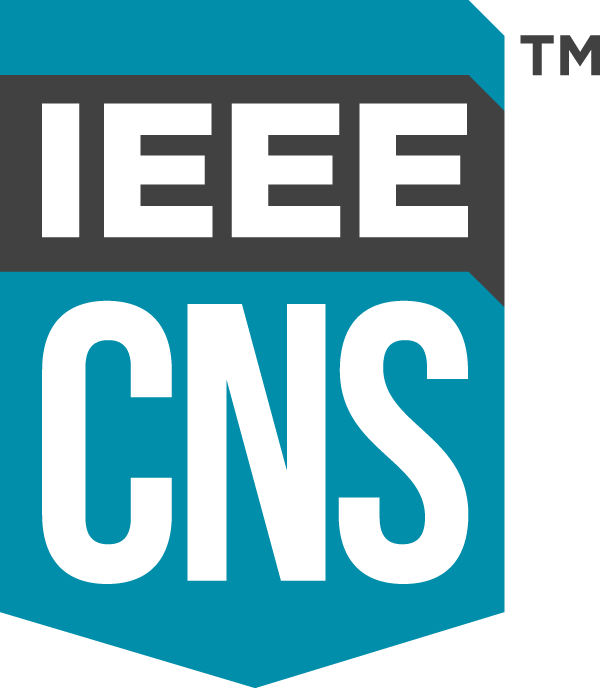Cyber Security and Resilience in Critical Infrastructure Systems: The Perspective of AI-Powered Decision Support for Vulnerability Analytics and Remediation
Abstract. Critical infrastructure systems such as the electric power grids have seen an increasing number of cyber threats in recent years. However, cyber security and resilience in such systems faces unique challenges different from traditional information technology systems, rooted in the critical nature of infrastructure operation and control. While disruptive security technologies might have a potential to fundamentally change the attack-defense game in the long run, there is much space where technology innovations under the existing system architecture can make a big difference in the shorter term to enhance critical infrastructure security. This talk focuses on software vulnerability management, which is a key component of security in critical infrastructure systems. We show how to leverage recent advances in Artificial Intelligence (AI) to provide faster, stronger decision support for human operators to cope with cyber threats and attacks more effectively and timely than current practice, enhancing their capability to provision cyber security and resilience. Specifically, topics covered in this talk include vulnerability risk assessment, vulnerability analytics, and vulnerability remediation.
Bio. Dr. Qinghua Li is a Professor and the Twenty-First Century Research Leadership Chair in the Department of Electrical Engineering and Computer Science at the University of Arkansas. He received his Ph.D. degree from the Pennsylvania State University in 2013, and has been a faculty member with the University of Arkansas since then. In 2015-2022, he served as the Associate Director for Research of the Cybersecurity Center for Secure, Evolvable Energy Delivery Systems (SEEDS). Currently, he serves as a Site Director for the NSF I/UCRC Center for Infrastructure Trustworthiness in Energy Systems (CITES). His research interest includes cybersecurity and privacy in critical infrastructure systems, artificial intelligence, and cloud computing. He has over 80 peer-reviewed publications, and received the Young Author Paper Award from IFAC CPES 2018 as well as three Best Paper Award nominations from IEEE DSN 2017, IEEE PerCom 2013, and IEEE MASS 2011, respectively. He was a recipient of the NSF CAREER Award in 2018.
Abstract. Critical infrastructure systems such as the electric power grids have seen an increasing number of cyber threats in recent years. However, cyber security and resilience in such systems faces unique challenges different from traditional information technology systems, rooted in the critical nature of infrastructure operation and control. While disruptive security technologies might have a potential to fundamentally change the attack-defense game in the long run, there is much space where technology innovations under the existing system architecture can make a big difference in the shorter term to enhance critical infrastructure security. This talk focuses on software vulnerability management, which is a key component of security in critical infrastructure systems. We show how to leverage recent advances in Artificial Intelligence (AI) to provide faster, stronger decision support for human operators to cope with cyber threats and attacks more effectively and timely than current practice, enhancing their capability to provision cyber security and resilience. Specifically, topics covered in this talk include vulnerability risk assessment, vulnerability analytics, and vulnerability remediation.
Bio. Dr. Qinghua Li is a Professor and the Twenty-First Century Research Leadership Chair in the Department of Electrical Engineering and Computer Science at the University of Arkansas. He received his Ph.D. degree from the Pennsylvania State University in 2013, and has been a faculty member with the University of Arkansas since then. In 2015-2022, he served as the Associate Director for Research of the Cybersecurity Center for Secure, Evolvable Energy Delivery Systems (SEEDS). Currently, he serves as a Site Director for the NSF I/UCRC Center for Infrastructure Trustworthiness in Energy Systems (CITES). His research interest includes cybersecurity and privacy in critical infrastructure systems, artificial intelligence, and cloud computing. He has over 80 peer-reviewed publications, and received the Young Author Paper Award from IFAC CPES 2018 as well as three Best Paper Award nominations from IEEE DSN 2017, IEEE PerCom 2013, and IEEE MASS 2011, respectively. He was a recipient of the NSF CAREER Award in 2018.



